Larimar Therapeutics Announces Completion of Dosing of the Single Ascending Dose Clinical Trial in Friedreich’s Ataxia Patients and Provides Program Update
- Preliminary data suggest that single subcutaneous injections of CTI-1601 were well tolerated at doses up to 100 mg
- Company remains on track to report topline data from placebo-controlled single and multiple ascending dose clinical trials in Q2 2021
A Safety Review Committee reviewed preliminary blinded data after each cohort of the placebo-controlled SAD clinical trial and recommended continuation of the trial. Dosing has been completed and based on preliminary data, single subcutaneous injections of CTI-1601 at doses up to 100 mg are thought to have been well tolerated. Injection site adverse events were mild and transient, and no serious adverse events were reported. Analysis of clinical trial results remains ongoing.
“At all doses tested, the Phase 1 SAD data support further investigation of CTI-1601,” said
Eligible participants from the SAD trial may enroll in an ongoing double-blind, placebo-controlled, MAD clinical trial. To date, dosing of the first two MAD cohorts has been completed, with dosing of the third cohort expected to begin in the first quarter of 2021.
Patients completing the SAD and/or MAD clinical trials are eligible to screen for an open-label extension clinical trial, which is expected to initiate in the second half of 2021.
About the Phase 1 Single Ascending Dose (SAD) Clinical Trial
The Phase 1 SAD clinical trial is a double-blind, placebo-controlled, randomized clinical trial to assess the safety of subcutaneously administered CTI-1601 versus placebo in adult subjects with Friedreich’s ataxia (FA). Subjects receive either placebo or treatment consisting of 25 mg, 50 mg, 75 mg, or 100 mg of CTI-1601. The primary objective is to assess the safety and tolerability of single ascending doses of CTI-1601 in subjects with FA. Key secondary endpoints include pharmacokinetic and pharmacodynamic analyses following increasing single doses of subcutaneously administered CTI-1601. Patients from the SAD trial are eligible to screen for an ongoing MAD clinical trial and/or an open-label extension trial that is expected to initiate in the second half of 2021.
About the Phase 1 Multiple Ascending Dose (MAD) Clinical Trial
The Phase 1 MAD clinical trial is a double-blind, placebo-controlled, randomized clinical trial to assess the safety of subcutaneously administered CTI-1601 versus placebo in adult subjects with Friedreich’s ataxia (FA). The primary objective is to assess the safety and tolerability of multiple ascending doses of CTI-1601 in subjects with FA. Key secondary endpoints include pharmacokinetic and pharmacodynamic analyses following increasing multiple doses of subcutaneously administered CTI-1601. Two cohorts of dosing have been completed and the third cohort is expected to begin dosing in the first quarter of 2021. Patients from the MAD trial are eligible to screen for an open-label extension trial that is expected to initiate in the second half of 2021.
About CTI-1601
CTI-1601 is a recombinant fusion protein intended to deliver human frataxin into the mitochondria of patients with Friedreich’s ataxia who are unable to produce enough of this essential protein. Currently in Phase 1 clinical trials in the U.S., CTI-1601 has been granted Rare Pediatric Disease designation, Fast Track designation and Orphan Drug designation by the U.S. Food and Drug Administration (FDA) and orphan drug designation by the European Commission. Topline results from the Phase 1 clinical program are planned for the second quarter of 2021.
About
Forward-Looking Statements
This press release contains forward-looking statements that are based on Larimar’s management’s beliefs and assumptions and on information currently available to management. All statements contained in this release other than statements of historical fact are forward-looking statements, including but not limited to statements regarding Larimar’s ability to develop and commercialize CTI-1601 and other planned product candidates, Larimar’s planned research and development efforts, and other matters regarding Larimar’s business strategies, use of capital, results of operations and financial position, and plans and objectives for future operations.
In some cases, you can identify forward-looking statements by the words “may,” “will,” “could,” “would,” “should,” “expect,” “intend,” “plan,” “anticipate,” “believe,” “estimate,” “predict,” “project,” “potential,” “continue,” “ongoing” or the negative of these terms or other comparable terminology, although not all forward-looking statements contain these words. These statements involve risks, uncertainties and other factors that may cause actual results, performance, or achievements to be materially different from the information expressed or implied by these forward-looking statements. These risks, uncertainties and other factors include, among others, the success, cost and timing of Larimar’s product development activities, studies and clinical trials, including CTI-1601 clinical milestones, and risk that preliminary clinical data may not be indicative of final results or predict the results of later nonclinical or clinical trials; the ongoing impact of the COVID-19 pandemic on Larimar’s clinical trial timelines, ability to raise additional capital and general economic conditions; Larimar’s ability to optimize and scale CTI-1601’s manufacturing process; Larimar’s ability to obtain regulatory approval for CTI-1601 and future product candidates; Larimar’s ability to develop sales and marketing capabilities, whether alone or with potential future collaborators, and successfully commercialize any approved product candidates; Larimar’s ability to raise the necessary capital to conduct its product development activities; and other risks described in the filings made by the Company with the
Investor Contact:
jallaire@lifesciadvisors.com
(212) 915-2569
Media Contact:
6 Degrees
gcestari@6degreespr.com
(917) 797-7904
Source: Larimar Therapeutics, Inc.



